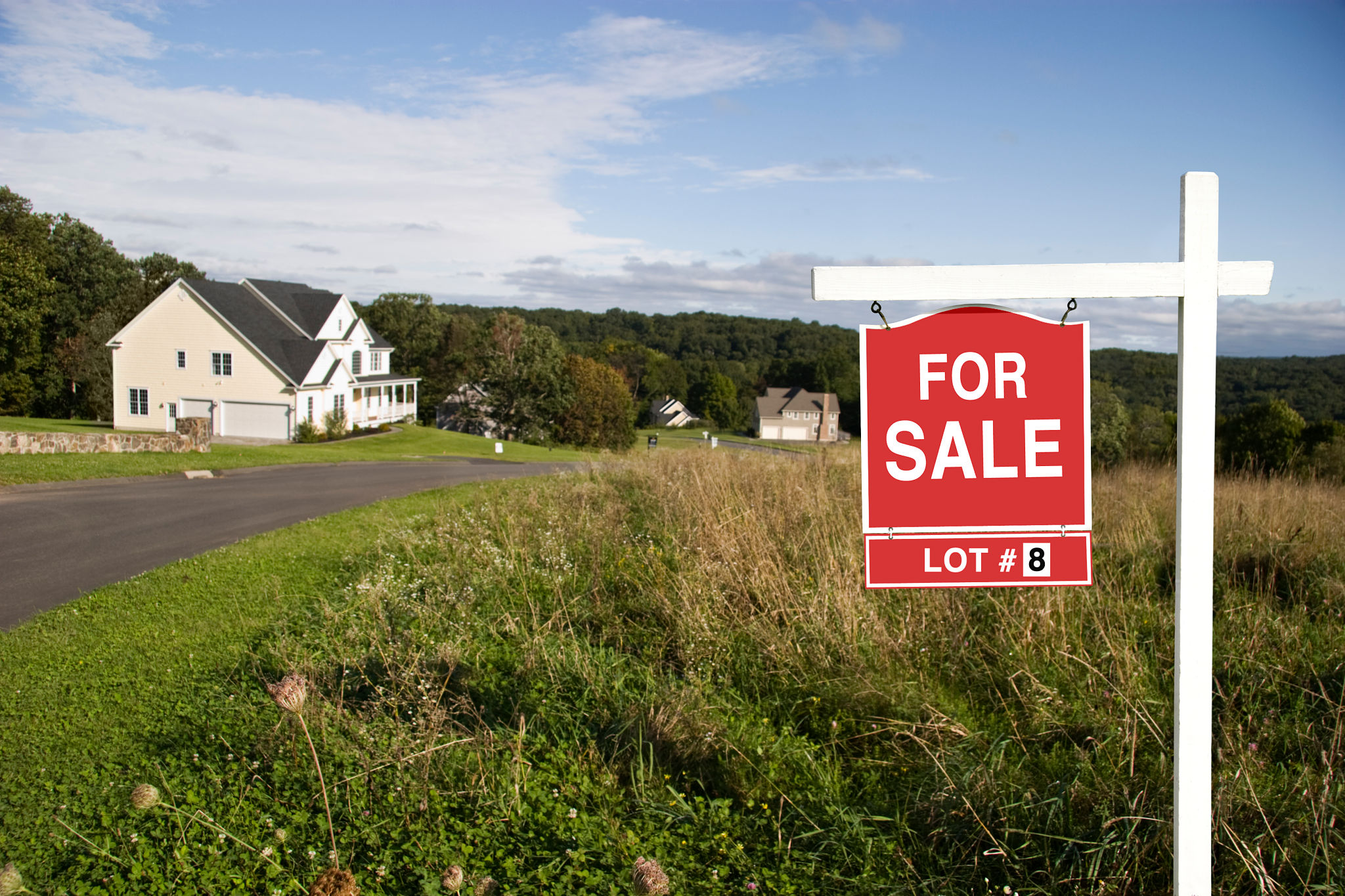Understanding the Process of Selling Land Privately: From Listing to Closing
Listing Your Land for Sale
When selling land privately, the first step is to list your property. This involves preparing your land for sale, gathering essential documents, and setting a competitive price. Start by researching the local market to understand what similar properties are selling for. This will help you establish a fair asking price.
Next, prepare your land by ensuring it is presentable. Clear any debris or overgrown vegetation and make sure any access routes are easily navigable. It's also crucial to have all relevant documents ready, such as the deed, survey, and any zoning information.

Creating an Effective Listing
Your property listing should be detailed and appealing to attract potential buyers. Include high-quality photos that showcase the best features of the land. Additionally, write a compelling description highlighting the property's benefits, such as proximity to amenities or natural features like lakes or forests.
Utilize online platforms and social media to reach a broader audience. Websites dedicated to real estate listings can provide significant exposure, while social media can help you connect with interested parties directly.
Negotiating with Buyers
Once your listing attracts potential buyers, be prepared for inquiries and negotiations. It's essential to be responsive and transparent about the property's details and any limitations it might have. This builds trust and helps facilitate smoother negotiations.

Consider hiring a real estate attorney or consultant to guide you through the negotiation process if you're unfamiliar with it. They can help ensure that any offers align with your expectations and legal requirements.
Drafting a Purchase Agreement
After agreeing on a price with a buyer, the next step is drafting a purchase agreement. This legally binding document outlines the terms of the sale, including the price, contingencies, and closing date. It's advisable to have this document reviewed by a legal professional to ensure all necessary details are included and understood by both parties.
The purchase agreement should also specify any conditions that need to be met before closing, such as completing a land survey or obtaining specific permits.
Closing the Sale
As you approach the closing phase, both parties will work through any remaining contingencies. This often involves finalizing financing for the buyer and ensuring all legal paperwork is in order.

The closing meeting typically involves signing all necessary documents, transferring funds, and officially handing over the deed to the new owner. Ensure that all paperwork is complete and accurate to avoid any last-minute issues.
Post-Sale Considerations
After closing, it's essential to tie up any loose ends related to the sale. This might include canceling any insurance policies or utilities associated with the property. Additionally, keep copies of all documents related to the sale for your records.
Selling land privately can be a rewarding process if approached with careful planning and attention to detail. By understanding each step from listing to closing, you can ensure a successful transaction that meets your objectives.
